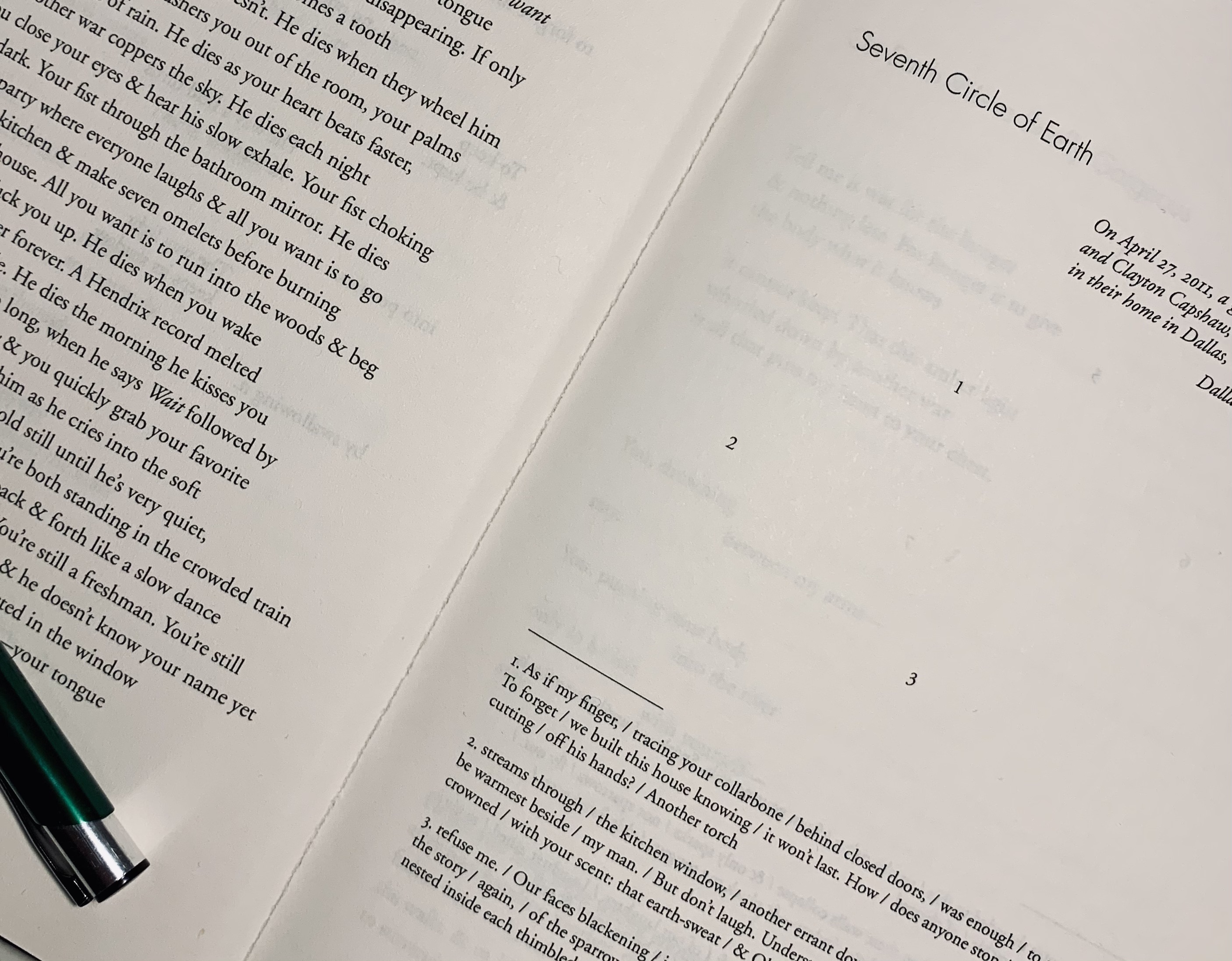(also in English below)
Jag har svårt att få grepp om situationen vi arbetar i just nu vid Åbo Akademi. Vanligen kan man relatera till det man kämpar med på ett mera påtagligt sätt. Ibland har jag kunnat protestera och säga ”Stop! vi väljer en annan riktning”. Ibland har jag rest på mig – i befogad eller obefogad vrede – och fått ta upp en kamp. Ibland har jag kunnat hitta bra lösningar genom att gå in dialog med någonting. Ibland har jag också helt enkelt flytt från en situation jag befunnit mig i och hittat en fristad för en tid.
Nu är det snarare som om ingen av de här alternativen står buds, eller i alla fall inte kan göra någon nämnvärd skillnad. I en sådan situation är det svårt att hitta något som känns meningsfullt att förmedla, som om inget man säger egentligen rör vid själva grundfrågan. Allt blir missriktade randkommentarer. Vad kan jag som dekan säga i en situation som skuggas av en pandemi?
Jag ögnade nyss igenom den unga amerikanska författarens Ocean Vuongs bok Night sky with exit wounds. Jag orkade inte riktigt koncentrera mig på boken och blev istället och stirra på en sida som var annorlunda. Den var tom så när som på några siffror som var utslängda över sidan under diktens titel ”Seventh circle of Earth” – och sedan ett antal fotnoter nere på sidan.
Dikten framstod som absurd, som ett poetisk tilltal som jag varken förstod eller orkade arbeta mig in i.

Ocean Vuong hade med en dikt ”Seventh circle of Earth” ursprungligen velat fånga sin känsla över en förkrossande och grym händelse som kom honom nära. Titeln anspelar på Dantes verk Inferno och han hade velat ta sin utgångspunkt i den texten.
Men han lyckades inte. Han kom till korta. Först några år sedan föll allt på plats men då som en tom sida med några fotnoter:
“This time, the vast and utter emptiness one confronts on the page felt more faithful to the violent erasure… It felt right to begin the poem with its own vanishing.”
Det är så nu också. Att greppa och hantera situationen lyckas inte fullt ut. Det blir fel. Orden blir fel. Våra försök att handskas med situationen blir fel. ÅA:s angreppssätt blir fel. Eller åtminstone kan man säga att det inte blir rätt.
* * *
Currently, nothing seems to address the situation we face adequately. Rector informed us recently that students and employees will continue their work off campus throughout the academic year, probably until the summer.
We do not want this. We cannot see how to make any good out of it.
Nonetheless, Rector’s decision is a good decision. It means that we well in advance know what will come. It allows us to look ahead. Many people have called for this possibility, being tired of the past last-minute instructions we have been forced to live with due to circumstances.
The fact that the we do not know how to cope and adjust with the challenges of the coming year is not something that follows from Rector’s decision.
Chair of the Board of the Student Union Matias Martelin makes a very valid claim with reference to Rector’s decision. We will need to find and create more hybrid solutions for the coming periods and we will have to include a larger group of students in this and not only first year students. The situation is critical, he writes with reference to student’s declining motivation, study progress and general wellbeing.
I agree with Matias and I am also increasingly concerned with the situation of teachers and administrative staff. The work Matias calls for needs to start know and it needs to engage student, teachers and admin staff. We are all in the same boat, meaning that we all suffer from not trying and we all benefit from the solutions and possibilities we may find.
Looking ahead, what can we make out of the harsh work situation that we live with now?
For instance, Rector’s recent decision will make it possible and easier for students to gather in small groups and work together on campus. Can this be a small vehicle of change towards the better? Personally, I pay attention to the fact that nothing is decided about teacher’s participation in these groups. It is not required neither forbidden.
Does this open a possibility to further explore tutorials as part of hybrid courses during the spring terms? Can this help us reorganise some of our teaching and maybe better stay on track?
The current situation also requires us to adopt to new practices. Employees and students use masks indoors on campus. This is the current recommendation and it means that we can encourage each other to do so. We also need to be understanding if someone reminds us or others about this. We know that there are exceptions to this recommendation, but together we create a safe workplace where everyone feels safe. Someone’s health might be dependent on our practice.
Finally, none of us can really say or do anything conclusive in a world paralysed by a pandemic. Our small world, a university, is not different. The poem by Ocean Vuong – an empty page with footnotes – catches our situation well. The author had to withdraw to writing nothing and felt that this was the most honest response. Yet, along this road he found some form of emerging agency. The marginal notes, the foot notes, grew into meaningful words.
This is probably also our possibility. Marginal and insufficient thoughts and practices maybe remain our only means to find change. The directions they give might sometimes be wrong, but doing this together, students and employees, can at least maybe reinforce part of the working community we need right now.
